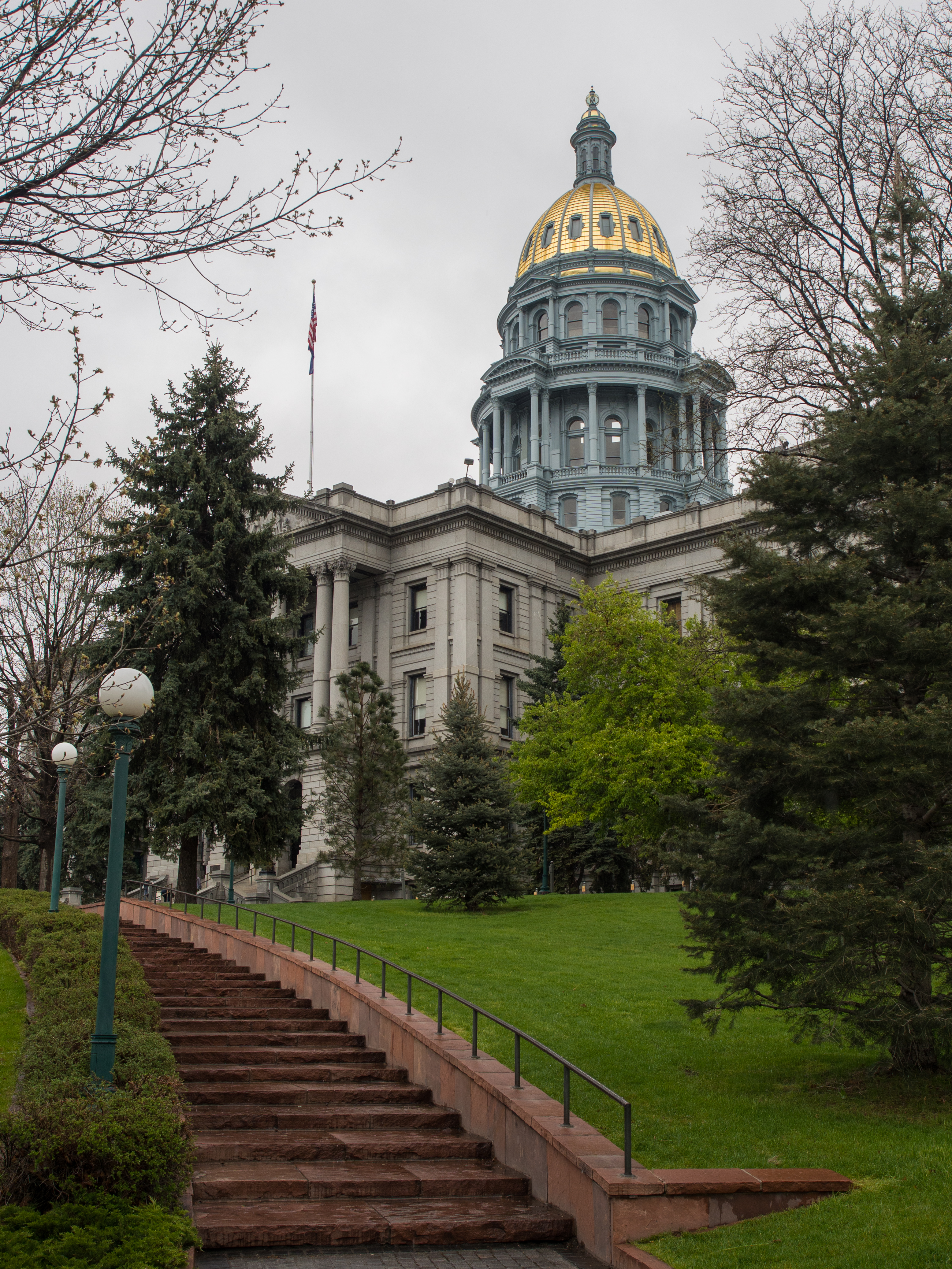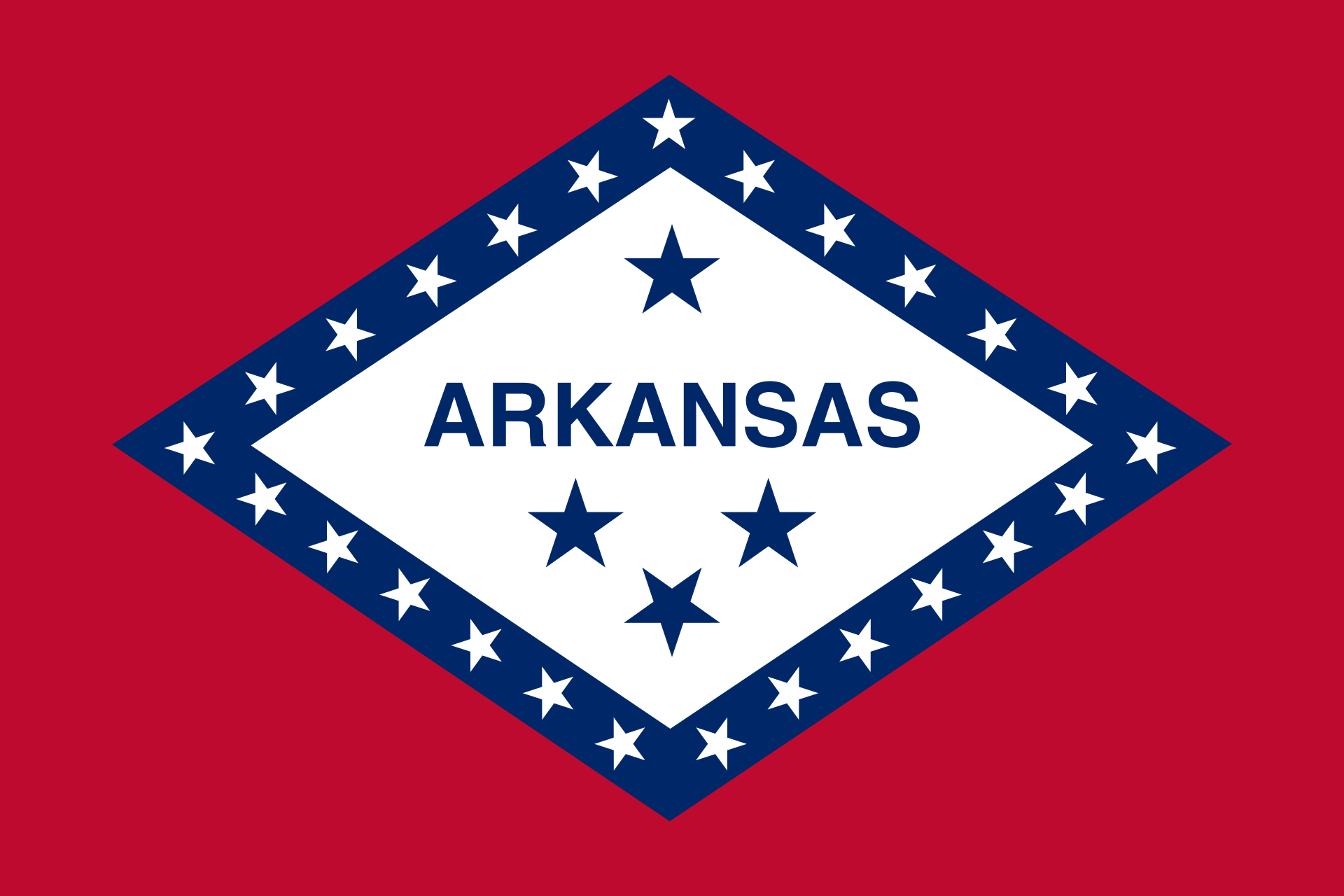Tag: schools
-
Idaho enacts universal private school choice tax credit, becoming the 14th state with a universal school choice program

What’s the story? Gov. Brad Little (R) signed House Bill (HB) 93 into law on Feb. 27, 2025, making Idaho the 14th state to adopt a universal private school choice program. Universal private school choice programs provide families with public funds to cover expenses incurred by private education. Vouchers, ESAs, and education tax credits are…
-
Tennessee enacts private school choice scholarship bill, becoming the 13th state with a universal school choice program

Tennessee Gov. Bill Lee (R) signed the Education Freedom Act of 2025 (EFA) into law on Feb. 12, 2025. The bill — House Bill 6004 — creates a universal private school student scholarship program under which all students are or will be eligible to receive the scholarship. Going into 2025, Tennessee had two existing education…
-
Voters have addressed ballot measures on religion in public schools at least nine times during the past 100 years

Voters have decided on at least nine ballot measures related to religion in public schools during the past 100 years. The decade with the highest number was in the 1970s, when voters decided on four between 1970 and 1972. Topics included the Ten Commandments, the Bible, prayer and contemplation, religious clothing, excused absence for religious…
-
Advance Colorado Action submits signatures for three ballot initiatives addressing property taxes, parole eligibility, and a constitutional right to school choice

Advance Colorado Action, an issue advocacy organization that describes its mission as “supporting policies that increase economic opportunity and greater government transparency,” submitted signatures for three ballot initiatives for the November general election ballot. Nearly 200,000 signatures were submitted for each initiative. To qualify for the ballot, each initiative must receive 124,238 valid signatures. The…
-
Voters in Augusta, Maine, will decide on a school budget question on June 13

Voters in Augusta, Maine will decide on Question 1 on June 13, 2023, which would approve the school budget of $36.25 million for K-12 education for the 2023-2024 school year. In Maine, school districts are required to have elections to approve a budget or to issue new bonding and or bond taxes. If a budget…
-
Arkansas voters to decide constitutional amendment in 2024 concerning grants and scholarships for vocational-technical schools

Arkansas voters will decide on a constitutional amendment in 2024 to allow the state’s lottery proceeds to be used to fund grants and scholarships for vocational-technical schools and technical institutes. The amendment was introduced as House Joint Resolution 1006 on February 7, 2023. It was passed in the House on April 4, 2023, by a…
-
Campaign for initiative to allow municipalities to create school districts submits signatures in Nevada

In Nevada, a campaign supporting an initiative that would allow municipalities to opt-out of county school districts filed about 220,000 signatures to counties for verification. The Community Schools Initiative PAC filed the initiative, and the signatures submitted will have to be verified by county clerks. The initiative needs 140,777 valid signatures to proceed to the…
-
Pilot program for New York City’s Asian American and Pacific Islander history curriculum launches for the 2022-2023 school year

A pilot program of New York City’s Asian American and Pacific Islander (AAPI) history curriculum was launched in select schools in September 2022. The New York City Department of Education announced in May 2022 that it had developed the curriculum, titled the Hidden Voices Project, in partnership with the Museum of the City of New…
-
New Jersey incorporates climate change into K-12 curriculum standards for public schools

New Jersey became the first state to incorporate climate change into K-12 curriculum standards at the start of the 2022-2023 school year. The State Board of Education first announced that they would adopt the new curriculum standards in June 2020, after the curriculum changes were initiated by New Jersey First Lady Tammy Murphy. The updated…
-
Texas school district limits discussions of race and gender, pronoun use, and certain books

The Grapevine-Colleyville Independent School District in Texas on August 22, 2022, approved a policy by a 4-3 vote that would limit classroom discussions of race and gender, pronoun use, and certain library materials. The approved policy: Allows educators to use pronouns that align with a student’s biological sex rather than their gender identity Prohibits transgender…

